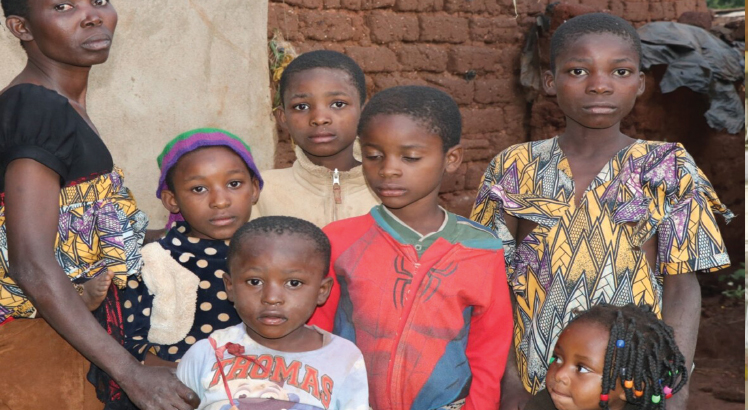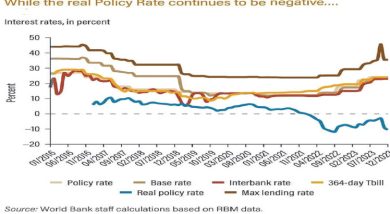Refugees question food rationing halt
The World Food Programme (WFP) in Malawi has halted food rations to nearly 700 refugee families, saying they were “self-sustaining”.
But many of the delisted refugees say they rely on the monthly rations and argue the assessment process is flawed.
Mapendo Neema, her seven children, and an unemployed husband have been relying on monthly food rations at Dzaleka Refugee Camp in Dowa since 2016.

They fled a rebel attack in the Democratic Republic of Congo (DRC) that she says left her a rape survivor and her parents dead.
But earlier this month, WFP, a United Nations humanitarian agency removed her family and nearly 700 others at the camp from a list of refugees eligible for food aid.
The decision left Neema and her family struggling to get by.
With tears in her eyes, Neema says, “these children haven’t eaten anything since morning because of lack of food. And how do you think I will get the food to feed them in the absence of the food rations we receive from WFP? I just feel like my family is buried alive, really.”
The de-listed include 75-year-old Ramazani Tabu, who has lived in the camp since 2007 and can no longer work to help support her family of four.
She says, “When I came here, I was able to do tailoring because that’s what I was doing in the DRC.
“But with old age and my diabetic condition I cannot do tailoring anymore, because whenever I am on the sewing machine, my nose starts bleeding due to high blood pressure.”
The WFP says it was forced to remove the families from receiving food rations after a 2020 assessment.
WFP country director Paul Turnbull says funding limitations and a rising number of refugees forced them to target only the most vulnerable.
“There are many refugees here in Malawi who have been here a long time. They have found ways and means of making a living. So, we have done an assessment and we have found a group of those people who are food insecure and those people who are not.”
But some of those who have been de-listed argue the assessment process was flawed because over half of those removed from food rations are poor and jobless.
Raphael Ndabaga, a refugee from the DRC, is among them.
“Okay, with me you see the kind of house I am living in. The cement is broken, I can’t even have money. I cannot buy cement, yet I need money for food for my kids,” he said.
Turnbull says the UN food agency will soon start hearing appeals from those who believe they were wrongly removed from food rations list.
“There are some conditions that we have in terms of economic vulnerability; changes in the breadwinner in the family; those sorts of things will be used to judge whether the people should go back into the list or not,” he said.
WFP officials say refugees taken off food rations can still benefit from non-food assistance at the camp, such as access to health care and opportunities for resettlement.






One Comment